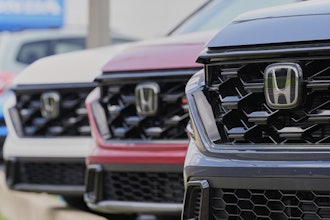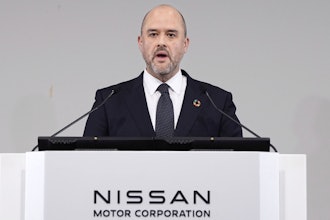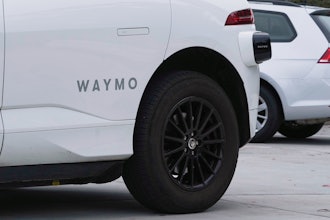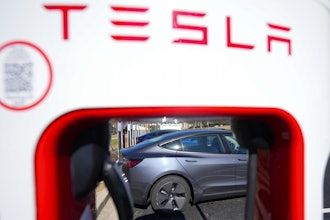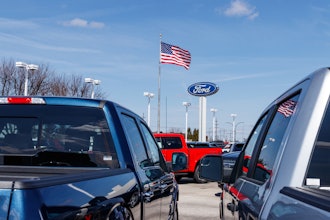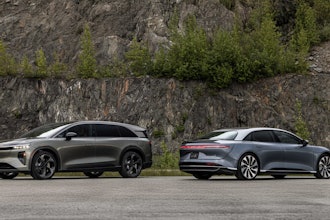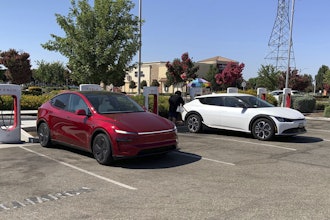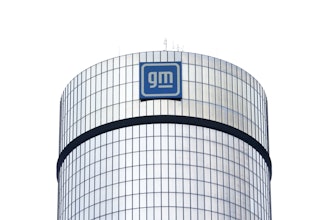It just might be history’s most confusing economic recession.
While the pandemic has attacked the economy with brutal force, the impact COVID-19 has had on our pocketbooks has not been equal. Studies show that layoffs have disproportionately affected those in certain industries like retail, hospitality and restaurants, while many white collar workers have managed to make their way through by working from home, relatively unscathed.
And those financially unscathed workers have, perhaps, helped propel the auto market to post a record-high average purchase price for a new car in 2020… and it’s eclipsed a mind-boggling $40,000.
But there’s more in play here than just a burgeoning wealth gap. It’s well documented that vehicles have been getting more expensive for years, as car makers add more and more unique and high-tech features. Not to mention, America’s trend towards trucks and SUVs means fewer lower cost compacts in carmakers’ portfolios.
The buyers at 2020’s year-end seemed to take advantage of dealer incentives to move pricier, luxury models to make way for the new ones, which means this average could shrink back a little in the start of 2021 when luxury models are less heavily represented in the tabulation.
Still, with larger vehicles with high tech features not going anywhere, it’s unlikely we’ll see much of a reprieve. And unfortunately, this trend is one that’s pushing many buyers completely out of the new car market. Take, for example, the size of the loan that 2020 auto buyers took on in the fourth quarter: According to CNet, the average monthly payment was $581 over a term of 70 months.









